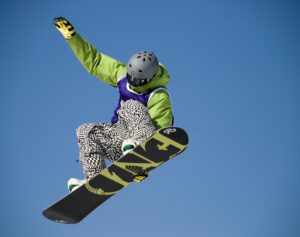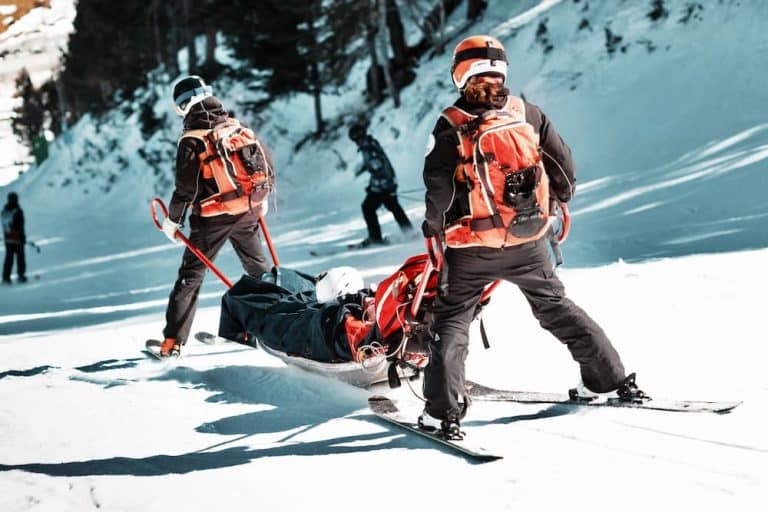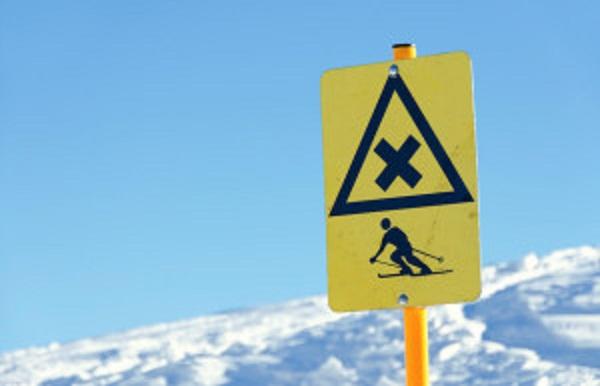February 24, 2012 
We often hear about the importance of wearing a helmet when riding a bike, motorcycle or ATV; however, the very popular sports of skiing and snowboarding here in Colorado are often overlooked when we think of times and places where wearing a helmet should be vital.
One Colorado teen is lucky to have strapped on his helmet and goggles before heading out to the slopes last month. According to an article from Colorado’s 9 News, the safety gear saved the boy’s life when he ran into a tree. The boy had just gotten off the lift and pushed off for his first run of the day when he lost control and drifted off the course and into a grove of trees.
Witnesses say that the 15-year-old was traveling at approximately 20-25 MPH when he hit the timber.
The impact sent the boy to the ground where witnesses quickly gathered around. The boy was airlifted to St. Anthony’s Hospital, where he was treated for numerous injuries including broken bones. Doctors who treated the boy said if it had not been for the teen’s goggles and helmet, he would certainly be dead.
The Colorado premise liability lawyers of McDivitt Law Firm would like to remind all skiers and snowboarders to strap on a helmet and goggles before hitting the slopes. The decision may save your life when you least expect it.
Does wearing a helmet improve my chances of receiving compensation for a ski or snowboard accident?
It should come as no surprise that wearing a helmet while skiing or snowboarding is a good idea; it could very well save your life. But on top of that, it could also increase your chances of winning a ski accident injury case.
Much like wearing a seatbelt in a car, wearing a helmet on the slopes indicates that you acted responsibly when the accident occurred. If you were behaving properly, wearing protective gear during the accident, and still sustained a head injury, it shows that you couldn’t have done much to avoid getting hurt. Conversely, if you weren’t wearing head protection and got a head injury, the defendant could argue that you were injured because you didn’t wear proper safety equipment.
Of course, it’s still possible to receive compensation if you weren’t wearing a helmet during your crash. In cases where the snowboard accident injury was caused by another athlete’s misconduct or poor maintenance of resort grounds, you could still win money for your damages.
Ultimately, helmet-wearing is always recommended when you’re skiing or snowboarding. In the event of an injury, it reduces your concussion risk and shows that you’re a responsible skier or snowboarder.


